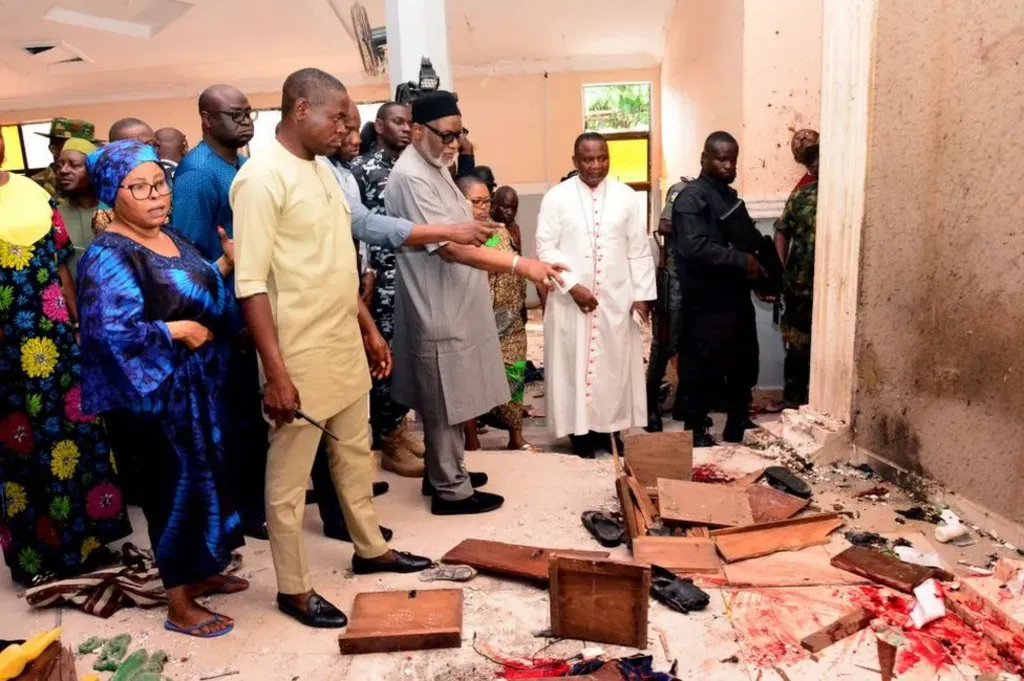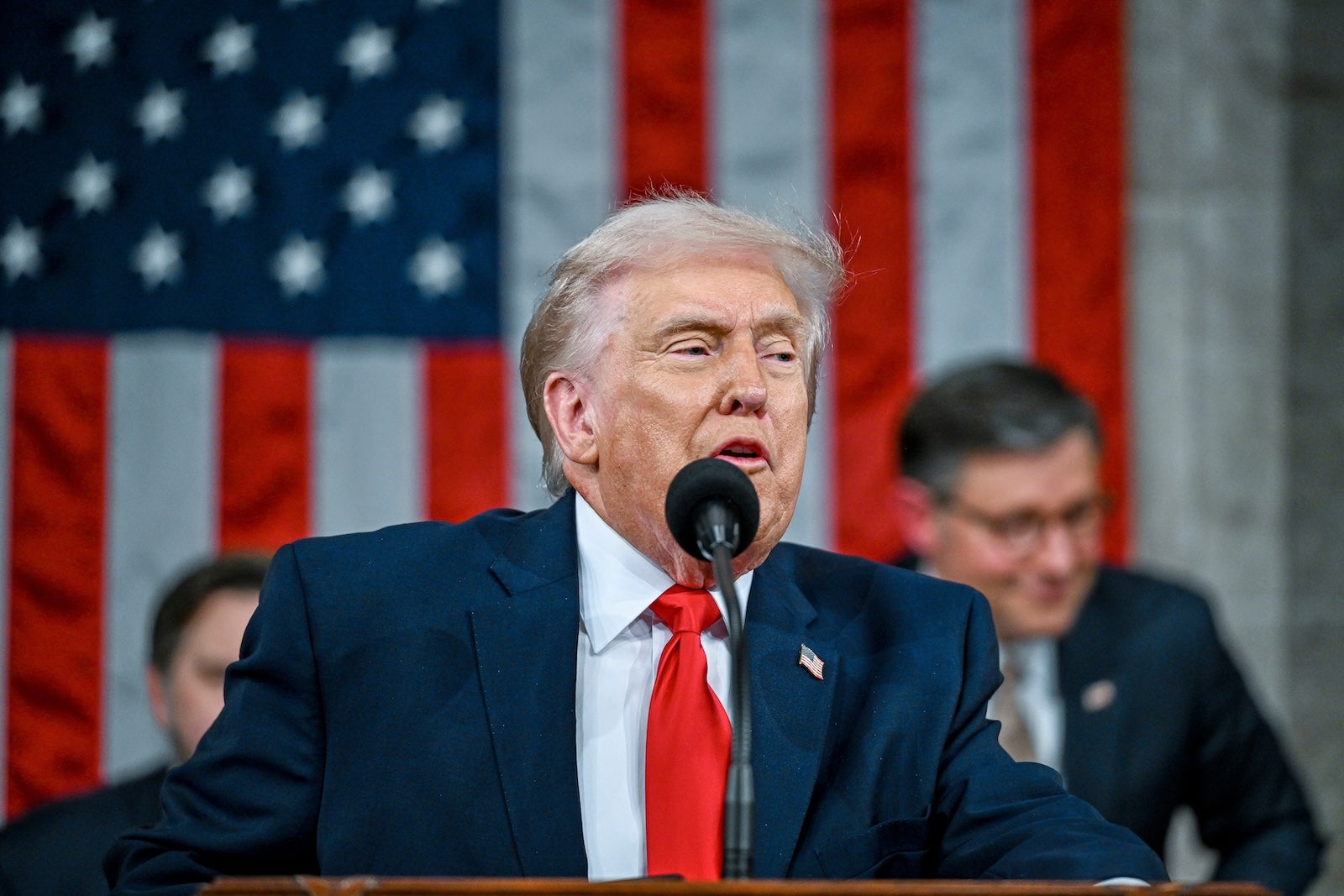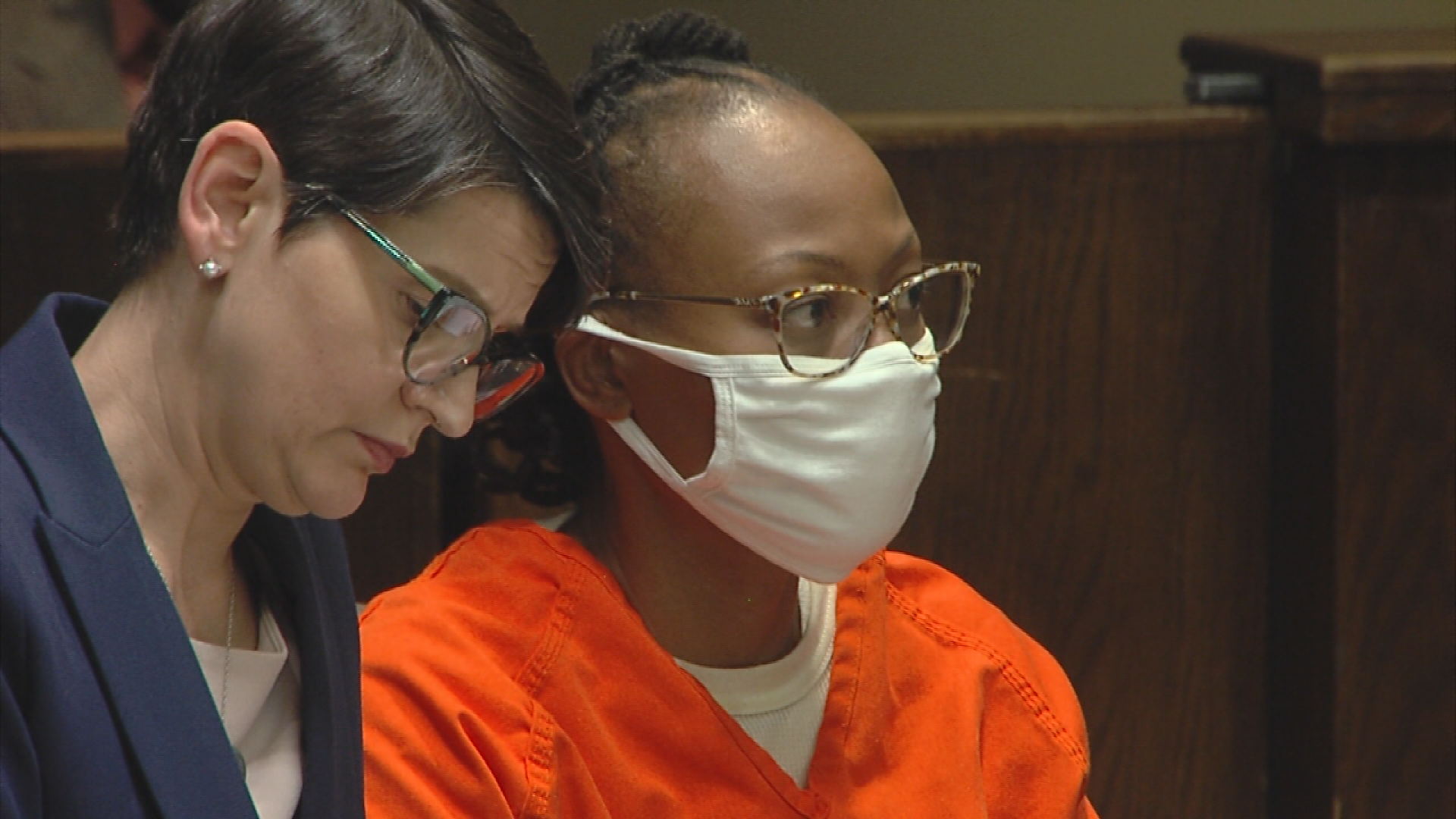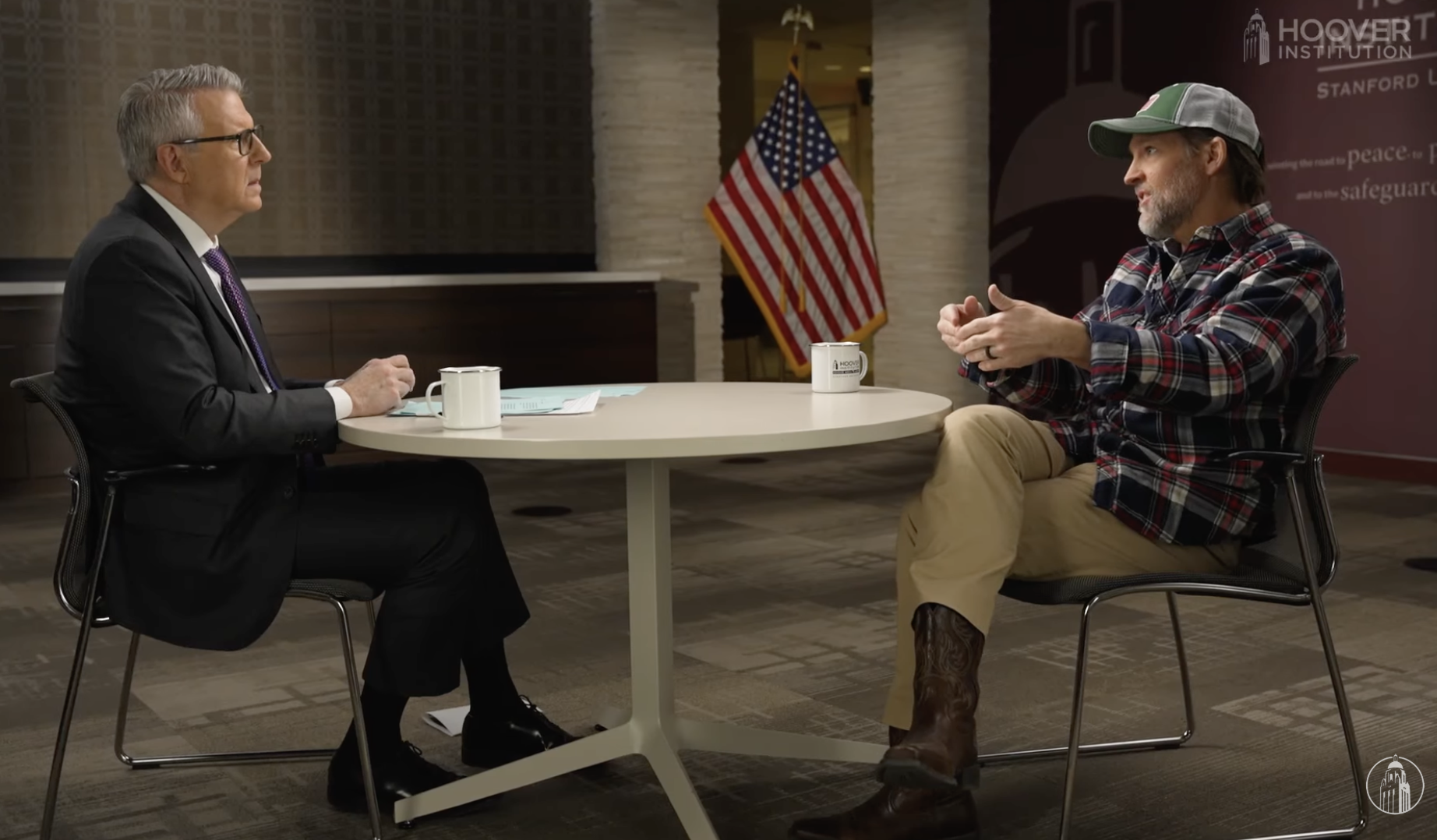Politics of Silence: How State Actors and Religious Leaders Legitimize The Massacre of Christians in Nigeria.

For many communities in Nigeria’s Middle Belt and parts of the South, mass slaughter and repeated raids have become a traumatic, recurring reality. Two things feed into that cycle: (1) persistent violence by armed groups including Islamist militants and heavily armed pastoralist militias widely believed to be Fulani-linked, and (2) the combination of official obfuscation, delayed or partial responses by security agencies and public statements by powerful figures that de-escalate the political costs of the attacks. The result is a climate of impunity in which killers move with confidence and victims see little prospect of justice. 1) The Scale of The Slaughter — And The Accountability Gap There are many episodes that demonstrate this pattern. One of the most shocking is the central-Nigeria violence of 2010 (the Jos/Plateau outbreaks). Independent investigators, local leaders and a plaque at a mass grave have pointed to very high death tolls in some outbreaks — one local record cites 501 dead in a Dogo-Nahawa mass grave while international rights groups raised alarm and demanded investigations. Human Rights Watch explicitly urged “thorough and prompt” investigations into massacres in Plateau and Kaduna states and prosecution of those responsible; yet survivors and rights groups have repeatedly complained that meaningful accountability and prosecutions remain woefully inadequate.
In 2018, between July and September 10th, 300 Christians were massacred in Jos North, Plateau state by Fulani militias. 51 Christians, and a Pastor, were butchered unchallenged in Numan, Adamawa state by Fulani militias on the 15th of September. By 16th of September, 3 Christians were invaded and massacred and their village razed down by another group of Fulani militias in Lau, Taraba state. A former minister of Aviation in Nigeria, Femi Fani Kayode, lamented about how the federal government under former President Buhari was handling the matter.
The Owo Catholic Church massacre on 5 June 2022 — an attack on worshippers at St. Francis Xavier during Pentecost — again exposed both the reach of violent militants and the limits of state protection. Death toll estimates varied (officials later settled on dozens killed, with some local estimates higher), the federal government named an Islamist affiliate as a suspect, and survivors and rights groups demanded justice. Yet the attack also sparked an outcry about how killers could strike a church in a southwestern state widely considered safer than the northeast.

By December 2023, coordinated attacks across dozens of villages in Plateau State (Bokkos, Barkin Ladi and neighbouring areas) left well over a hundred, dead and thousands displaced. These attacks were long and coordinated, lasted many hours, and that some communities waited many hours for a security response. This was a dynamic that contributed to the high death toll. Amnesty, Reuters and other international outlets called for independent probes into the scale and planning of the attacks. However, the government of Bola Ahmed Tinubu and the Nigerian Defence Intelligence did nothing.

TAKE ACTION
Support Theological Training for African Pastors:
- Africa Inland Mission - Training African church leaders
Website: https://www.aimint.org/give
Phone: 1-800-254-0010 - Langham Partnership - Theological education and biblical training in Africa
Website: https://us.langham.org/donate
Phone: 1-704-333-4045 - ReachGlobal (EFCA) - Supporting African evangelical churches and training
Website: https://www.efca.org/reachglobal/give
Phone: 1-800-745-2202 - SIM (Serving In Mission) - Church planting and pastoral training in Africa
Website: https://www.sim.org/donate
Phone: 1-704-587-1500 - Equpping the Persecuted - https://equippingthepersecuted.org/





